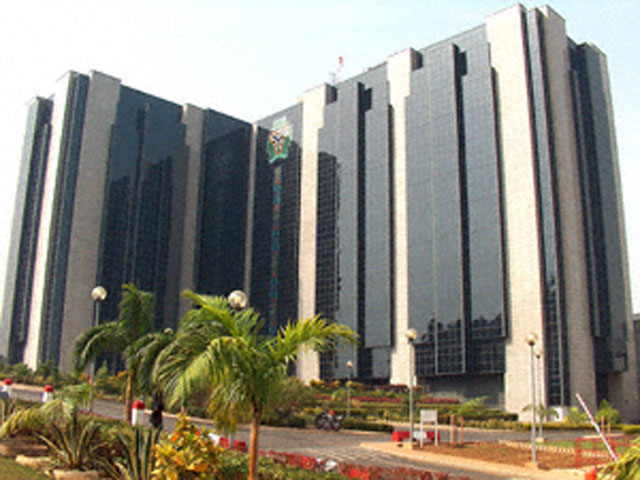The Central Bank of Nigeria (CBN) Governor, Godwin Emefiele has urged the Federal Government to “urgently assess the extent of its indebtedness to domestic economic agents and develop a framework for securitising the debts in order to settle its outstanding domestic contractual obligations which cut across all sectors of the economy.”
The accumulated debts “have slowed business activities of economic agents, most of who are indebted to the banking system, thus compromising the integrity of the financial system.”
The Federal Government is owing about N10.6 trillion. The states are owing N2.5trillion.
Members of the MPC also advised the CBN “to commit to greater surveillance and deployment of early warning systems in managing the banking system.”
Before arriving at the decision to retain interest rates and corresponding indices, Emefiele said “available data and forecasts of key economic variables indicate that the outlook for growth and inflation in the medium term continues to be challenging.
“Growth is expected to remain less robust, given the absence of sufficient fiscal space while the current tight stance of monetary policy and improved agricultural harvests are expected to contain further price increases and moderate price expectations.”
The Committee, he said, assessed the relevant risks to the global and domestic economy and “concluded that the risks to the economy remained highly elevated on two fronts (price and output).”
However, considering the importance of price stability and being mindful of the limitations of monetary policy in influencing output and employment under conditions of stagflation, the Committee, he said, “decided unanimously in favour of retaining the current stance of monetary policy, thus keeping the MPR at 14.0 per cent alongside all other policy parameters, which include retaining the Cash Reserve Ratio (CRR) at 22.5 per cent; retaining the Liquidity Ratio at 30.00 per cent; and retaining the Asymmetric Window at +200 and -500 basis points around the MPR.
Asked to comment on the allegations that the CBN was planning to criminalise for holding foreign currencies and confiscating them, Emefiele said those allegations were untrue.
“There is nothing in our forex regulations that says that people will be jailed or that their dollars will be confiscated. But I’m aware, just today, that the Nigerian Law Reform Commission is looking at reviewing the exchange regulations just like they normally will from time to time,” he said.
The Law Reform Commission, he said, is an agency of government “that has responsibilities for reviewing all laws from time to time, depending on the exigencies of the time. We have not been contacted regarding whether or not some of the clauses that are involved will be reviewed, but I’m saying here categorically that if we are contacted or whenever it becomes an issue for discussion, we will suggest and advise against the clause that forbids people from keeping their dollars if they choose to or a law that says that people should be jailed for keeping foreign currency.”
On the deployment of security agencies to suspected currency black market locations, the CBN governor said “the forex regulation in Nigeria today forbids trafficking in currency on the streets,” adding:
“The security agencies have a right to enforce the laws and, as the law says you cannot traffic currency on the streets; you’re supposed to be in your office conducting your business. You will have to adhere to that and if you don’t adhere to that, the security agencies will arrest you. Whether it would drive black marketers underground, they are illegal. We don’t consider people who want to go underground to conduct illegitimate businesses.”
Emefiele said “the MPC believes that the security agencies should sustain their checks on the activities of illegal foreign exchange operators in order to bring sanity to that segment of the market. The Committee reiterated that the extant foreign exchange regulation outlaws the trafficking of currency on the streets as some unlicensed operators currently do. Thus, to evolve an appropriate naira exchange rate that stabilises the foreign exchange market, BDC operators must strictly observe the terms and conditions of their licence.”
Emefiele also spoke on enquiries of a possible reduction in the number of Bureaux de Change (BDCs) saying: “We believe that everybody is entitled, once regulations are set; we don’t need to preclude anybody who meets the conditions, but of course naturally the regulator has a right to put in place policies that limit entry. If we want to limit entry, we know what to do and I can assure you that we will do it at any point we decide to limit entry or even exacerbate exit from the market. That’s something we would look at at the appropriate time.”

